Photography Book by Cuban Artist Gilda Perez
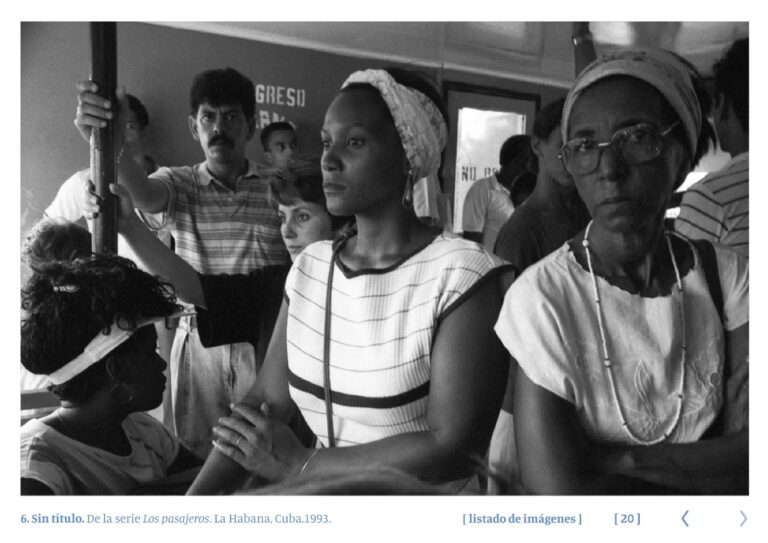
Ediciones inCUBAdora have recently released the ebook Tiempo de fotografía, by Cuban artist Gilda Perez*, as part of its Documenta collection. Perez is a must-see if you want to get a complete idea about art in 1980s and 1990s Cuba, but also wherever the emigre directed the lens on her Leica camera, whether it was in Switzerland, Spain or Venezuela.
“If there’s a unifying theme throughout her work, maybe it’s the sense of home, of refuge and remembrance. A home that she extrapolates to the world, via her camera. It doesn’t matter what she’s looking at, Gilda’s photos always feel like home,” writer Kelly Martinez-Grandal says in the prologue to the book.
Gilda was born in Havana in 1954 and was the disciple of Cuban photography masters Tito Alvarez, Rogelio Lopez Marin (Gory) and Ramon Grandal. She stood out from a very young age, winning awards at the Youth Exhibition of Fine Arts, Havana in 1980, and the Youth Exhibition of Photography, Santiago de Cuba in 1987.
Her series Paisajes de patio (Backyard landscapes), Guajiros (Peasants) and Los Pasajeros (The passengers) are famous in Cuba, which travel from the intimacy of family backyards, to the work of Cuban farmers in interior provinces, and the faces of travelers on the popular Regla boat, in Havana. Only one photo from these series made it into the book, but her famous works “La gasolinera”, “America” and “La laguna de la leche” are also featured, which honor the art of Cartier Bresson and Walker Evans, in a Cuban that Martinez Grandal has accurately described as a “constant spiral staircase”, because of her tireless activity in which she always upholds her gaze upon the island.
“Perhaps the importance of Gilda’s work for Cuban photography lies not only in the value and quality of her images, and what she has to say about ourselves and herself, but also in her modesty. She reminds us (a scandalous people, who lean towards spectacle and an era when noise is the norm) of the importance of silence and discretion; the importance of paying heed to our own journeys of contemplation,” the prologue accurately reads.
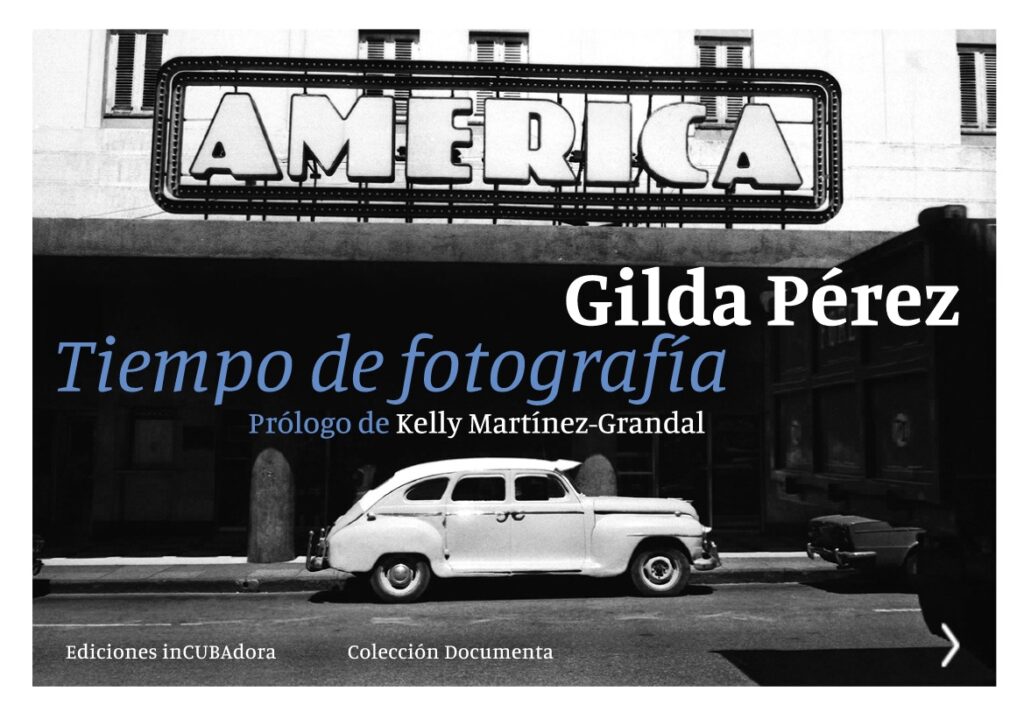
The twenty-four prints in this ebook leave us wanting to explore more of this profound artist’s gaze, and maybe this is one of the objectives of this edition, that collects opinions from experts on Gilda’s work such as Aaron Sosa, Alex Fleites, Damaris Betancourt, Ernesto Menendez-Conde, Jose Antonio Navarrete, Pedro Abascal, Ricardo A. Sarco Lira Farias, Gory and Willy Castellanos.
For example, Navarrete says that Los pasajeros “is an unprecedented work in Cuban photography. The country’s popular figures don’t appear in these series, the unique and friendly faces that have been elevated to a national prototype; nor are there your everyday heroes of the revolutionary project, such as the humble and glorious sugar cane worker, but anonymous people instead, with unknown stories, who get on and depersonalize collective transport.”
The Cuban woman is an essential feature of many of Gilda Perez’s photographic series, and by capturing their different faces, you can understand the moment a little more, an era, their everyday lives, frustrations and dreams. They are documents that might express, hold more than 1000 words that are locked in history books.
Let’s celebrate the publication of this brief, but exquisite, exposé from the photographer with an “empathetic gaze”, as Alex Fleitas puts it, who “doesn’t take a stranger as her subject, but tries to find a part of her in the subject under her lens’ scrutiny. She talks about herself, she is portraying herself. She reveals herself, she reveals all of us.”
* Gilda Perez left into exile in 1993 and currently lives in Miami.
***
Article translated by Havana Times
▶ Vuela con nosotras
Nuestro proyecto, incluyendo el Observatorio de Género de Alas Tensas (OGAT), y contenidos como este, son el resultado del esfuerzo de muchas personas. Trabajamos de manera independiente en la búsqueda de la verdad, por la igualdad y la justicia social, por la denuncia y la prevención contra toda forma de violencia de género y otras opresiones. Todos nuestros contenidos son de acceso libre y gratuito en Internet. Necesitamos apoyo para poder continuar. Ayúdanos a mantener el vuelo, colabora con una pequeña donación haciendo clic aquí.
(Para cualquier propuesta, sugerencia u otro tipo de colaboración, escríbenos a: contacto@alastensas.com)






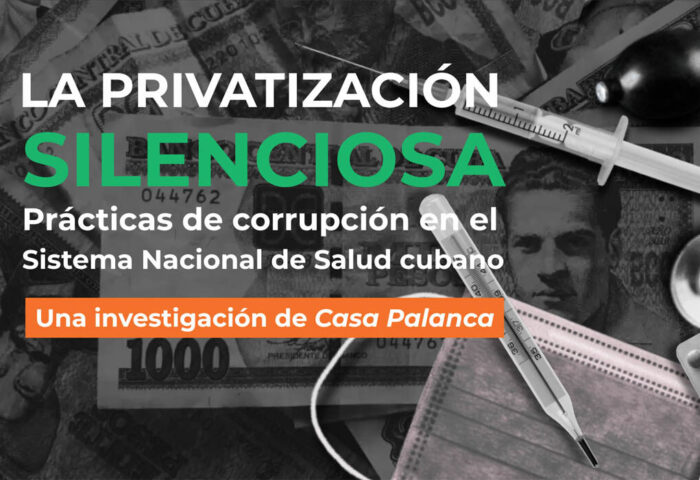
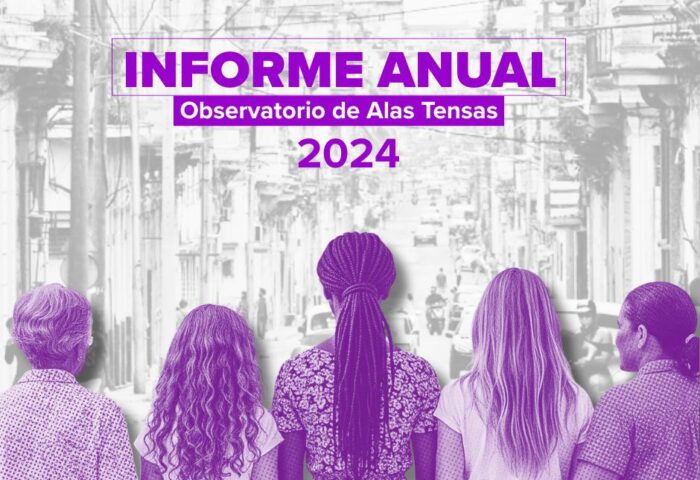
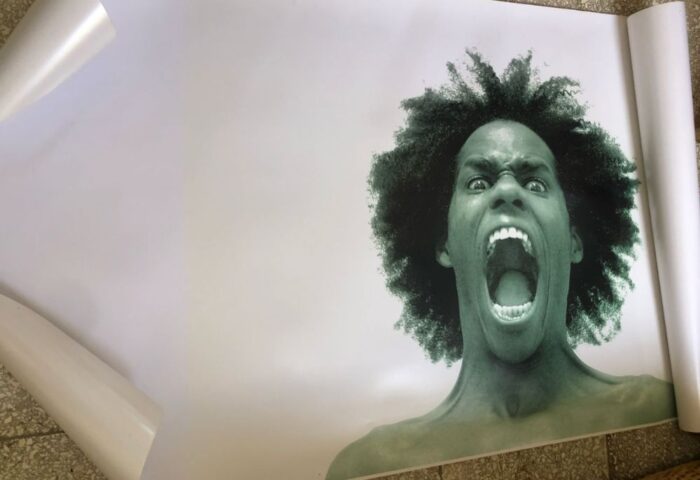
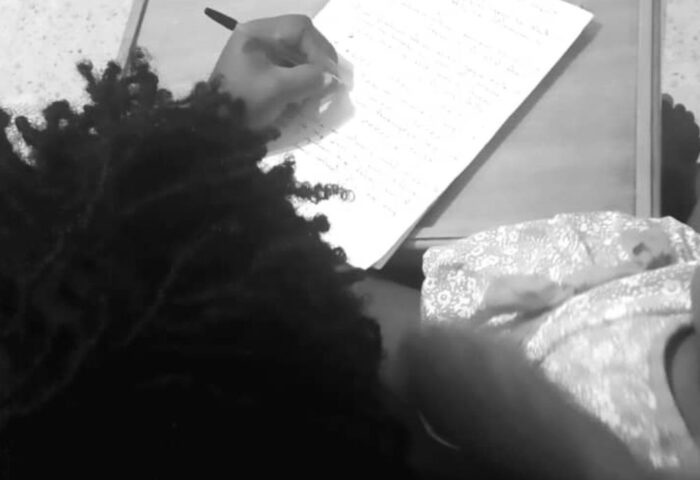
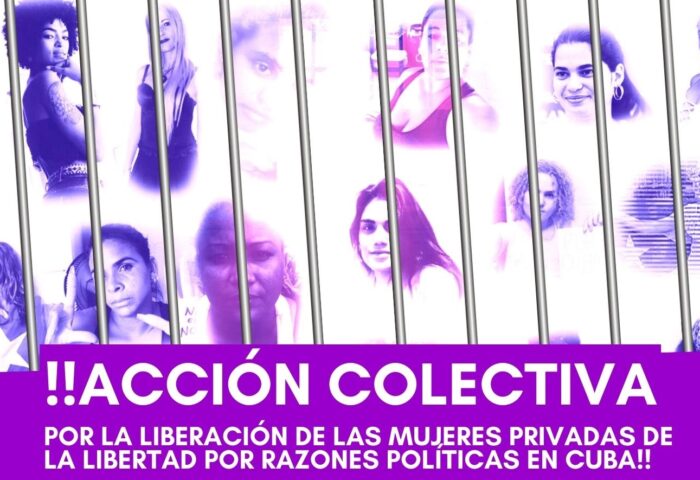
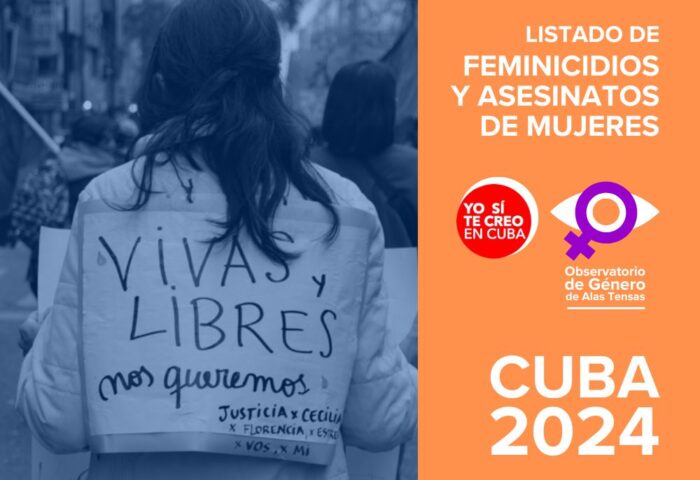



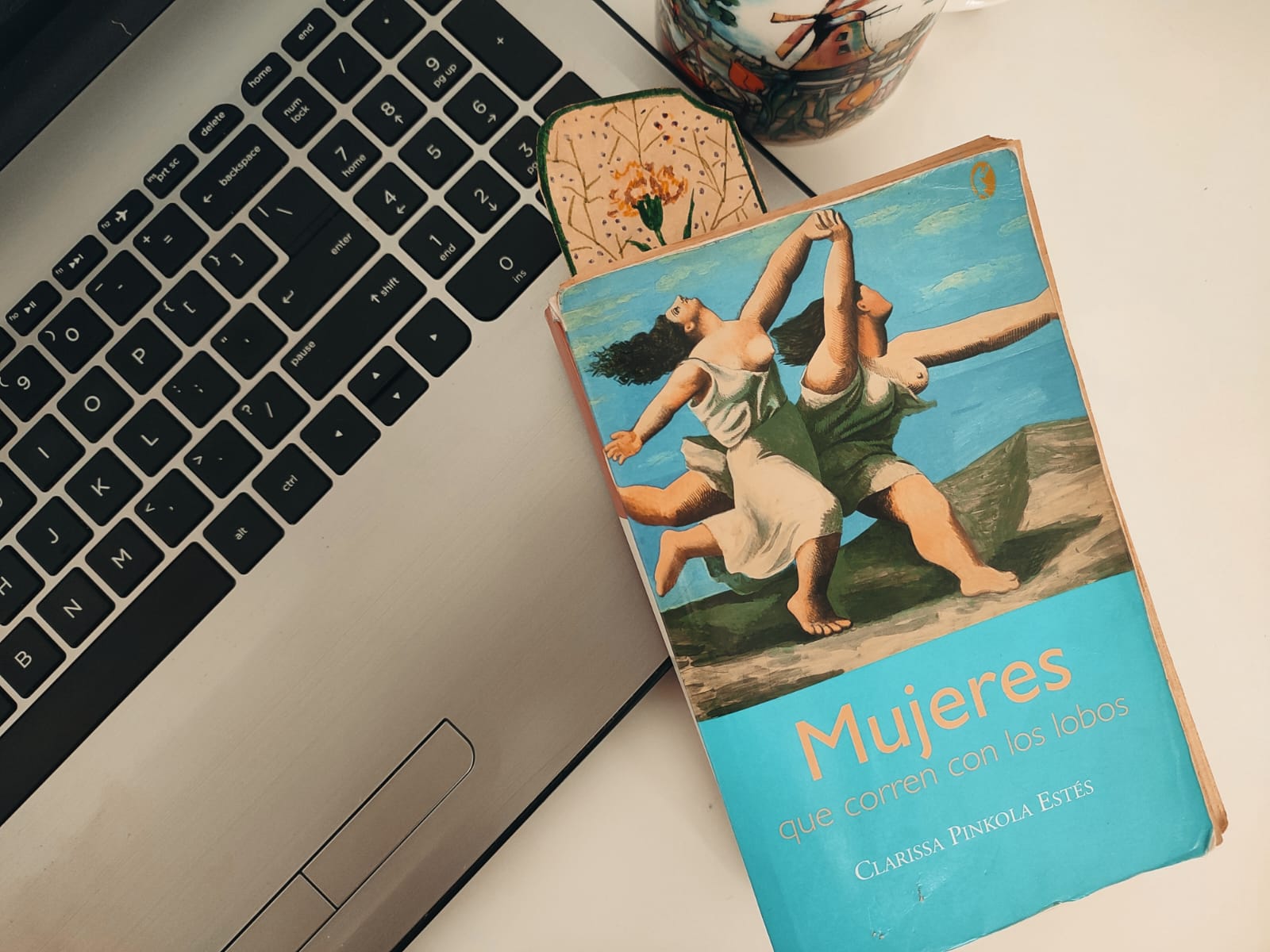


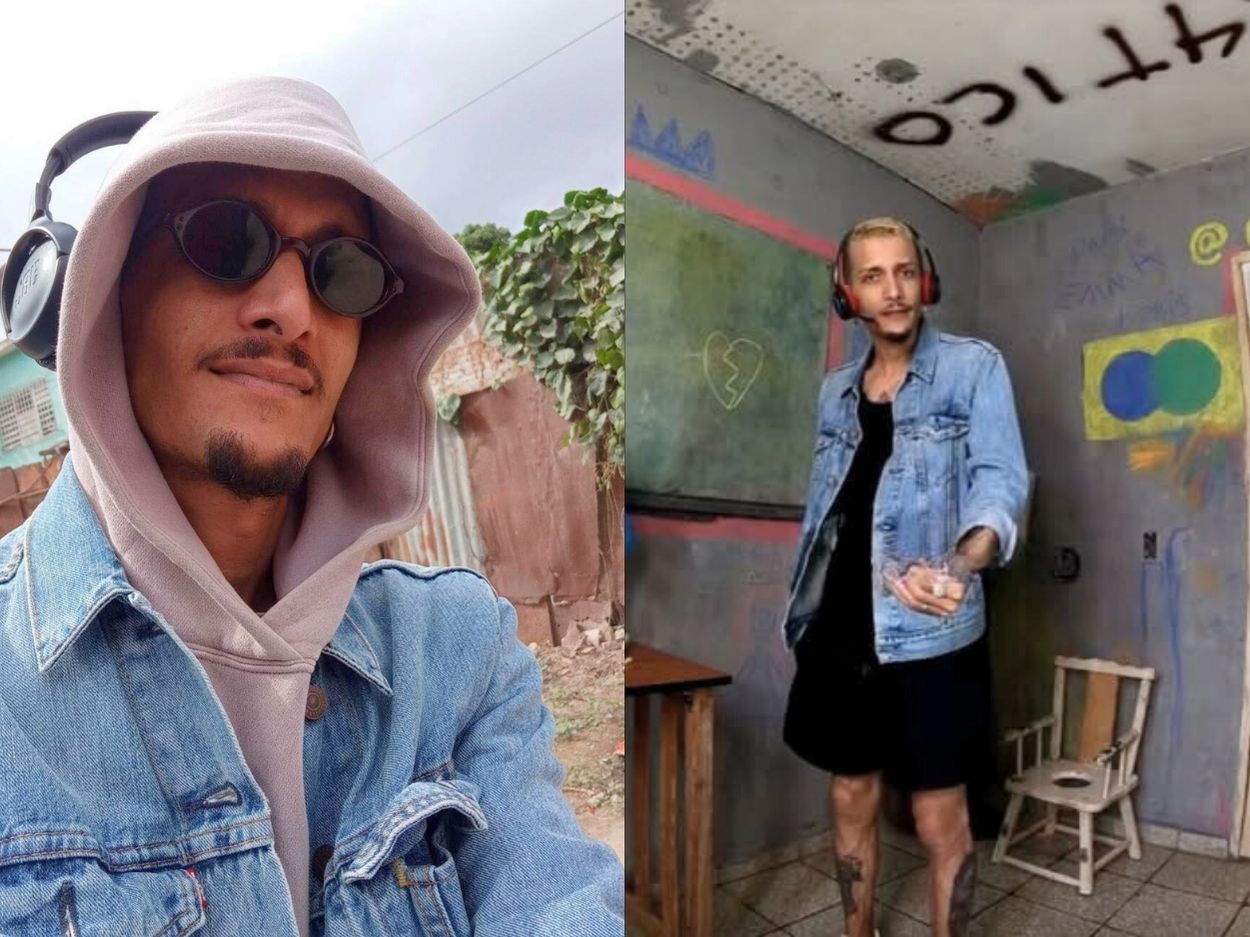



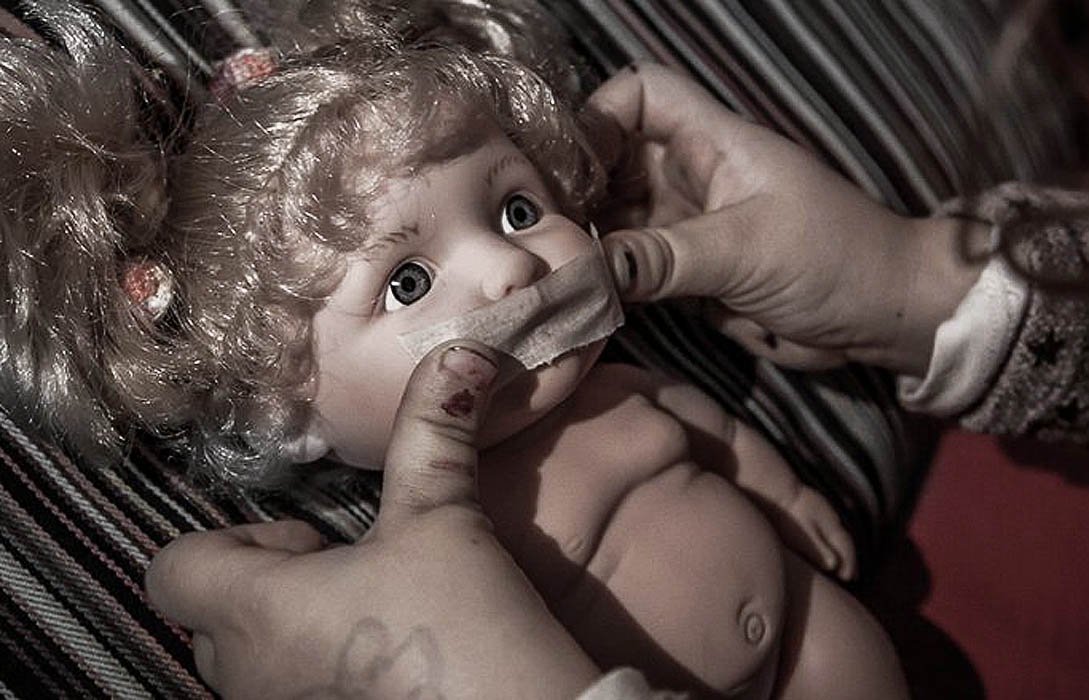

Responder